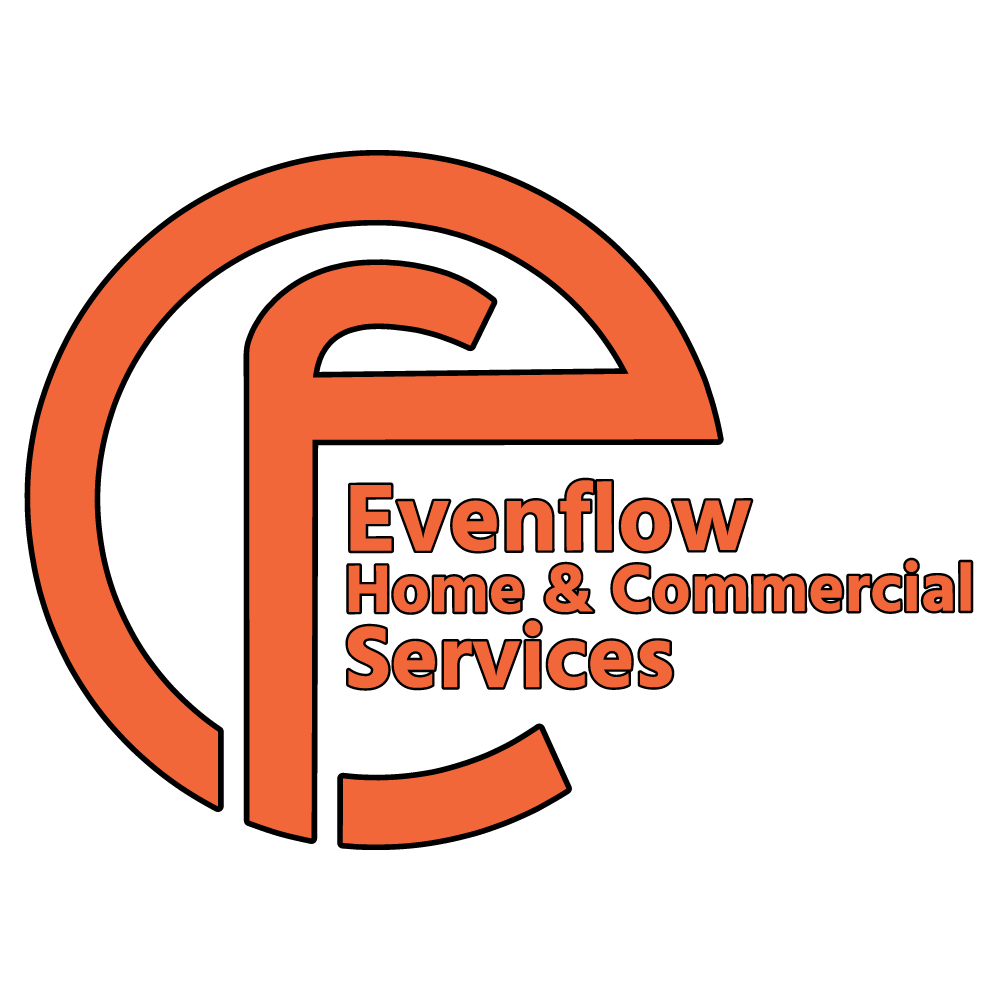What You Should Know About Energy Audits
An energy audit removes the guesswork about why your home wastes energy. It is a valuable tool to discover what improvements will save money and make a home more energy-efficient.
Let's explore the basics of energy assessments and how to use the results of an energy audit.
Why do people get energy audits?
Energy audits first became popular during the height of the energy crisis in the 1970s. Millions of homeowners still get energy audits more than 50 years later. Short and long-term financial and energy savings are the main reasons for the continued interest. Using an energy audit properly will achieve these goals.
What to expect during an energy audit
Energy auditors perform a comprehensive inspection of the inside and outside of a home. The examination includes the windows, roof, and other areas outside the building. Inside, the house gets checked for proper attic and basement insulation. They also look at holes where electrical lines run outside to find signs of energy leaks.
Auditors examine the furnace, water heater, and appliances for optimum energy efficiency. The additional inspections include ducts, crawlspaces, and other areas where energy can escape.
Most audits take 30 minutes up to four hours. The auditor provides a summary report of the findings and offers energy rebate information.
How to use an energy audit
With the report in hand, it is time to take action. The first step is to review the audit. A professional energy assessment contains suggestions on items in the report that you should prioritize. Use them to arrange the priorities based on the audit's conclusions.
We recommend replacing appliances, water heaters, or HVAC equipment first if there's room in your budget. Although they may be expensive, new appliances pay for themselves in energy savings. Set aside funds to purchase these items shortly - if necessary.
In the meantime, start with the less expensive improvements on the list. Replace any thin or damaged insulation. Seal all cracks in the walls and foundation. It's also a good idea to put caulk around old leaky windows if replacements are too expensive.
Perhaps the most crucial step in using a home audit is consistent maintenance. Deferred maintenance on appliances or home improvements is counterproductive to the audit. Think of an energy audit as an ongoing process. Make a maintenance plan and stick to it. Set aside savings to cover your scheduled maintenance costs.
A professional energy audit is worth the investment
The price of a professional energy audit depends on several factors, including your home's size and location. However, the benefits of an expert energy assessment far outweigh the costs as the auditor thoroughly checks for sources of energy waste.
Use the audit to achieve your desired results. Take each improvement one at a time to avoid becoming discouraged or intimidated. By doing so, you will reap significant financial and environmental rewards long into the future.
Electrical troubles can create unimaginable inconvenience. From electrical inspections, electrical troubleshooting, lighting installation, and LED lighting upgrades to upgrades to existing electrical systems, our team of qualified electricians at Evenflow Home Services is here to serve you.

